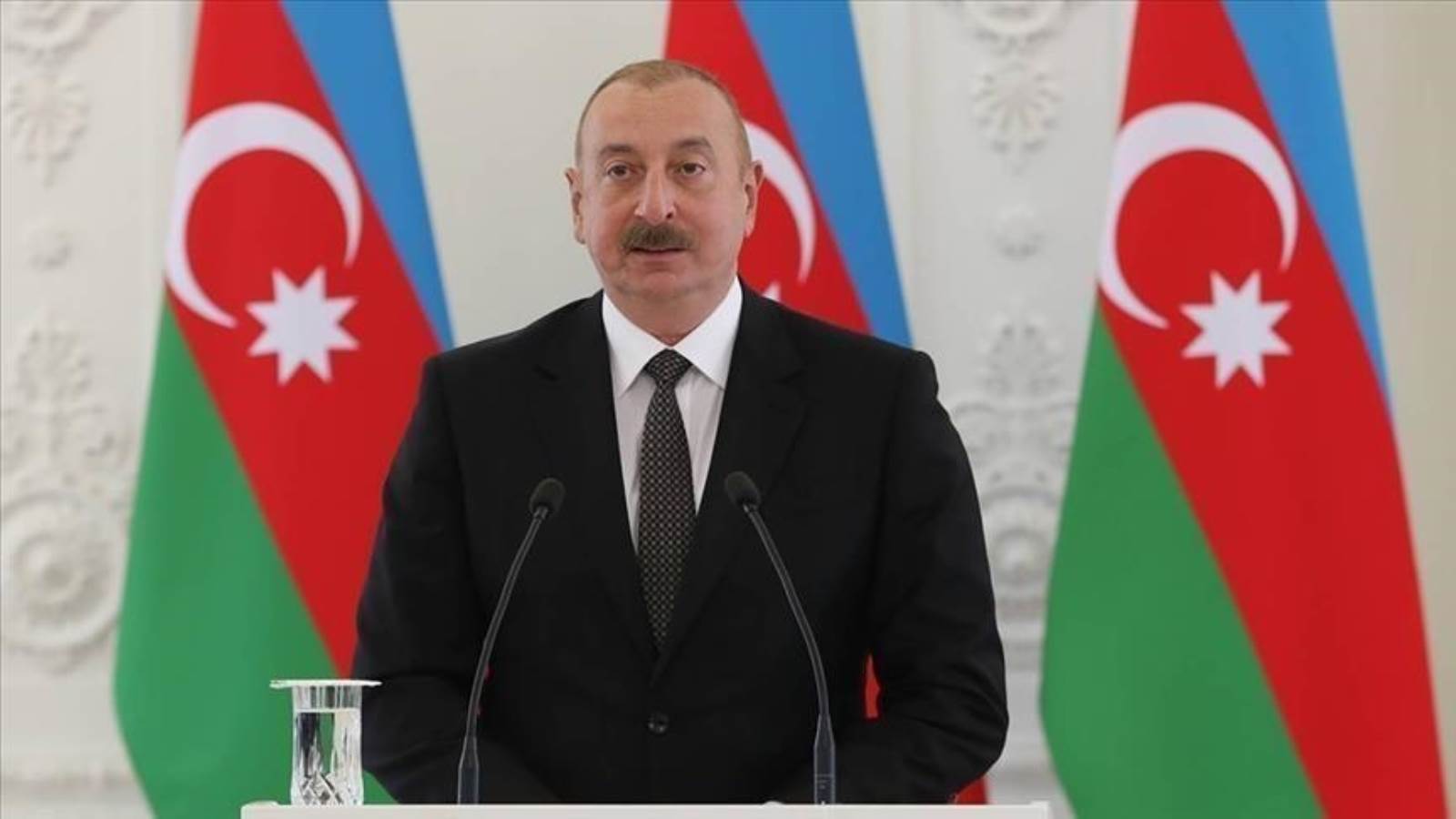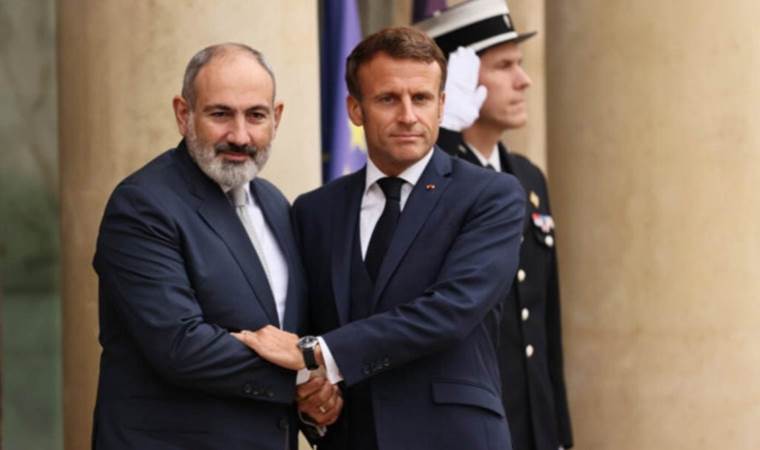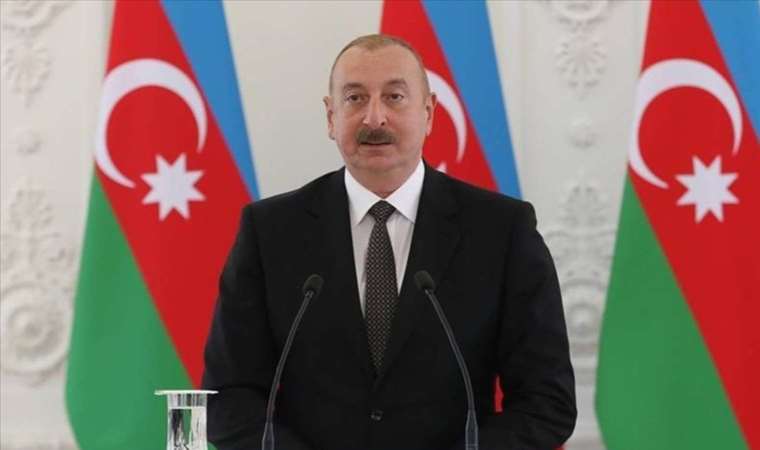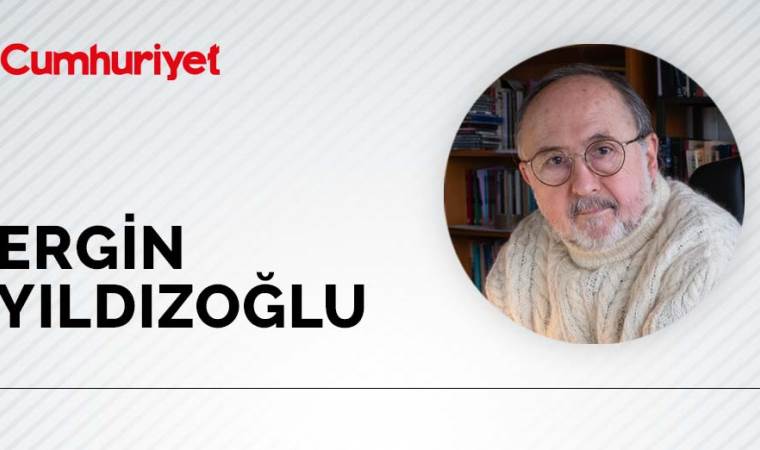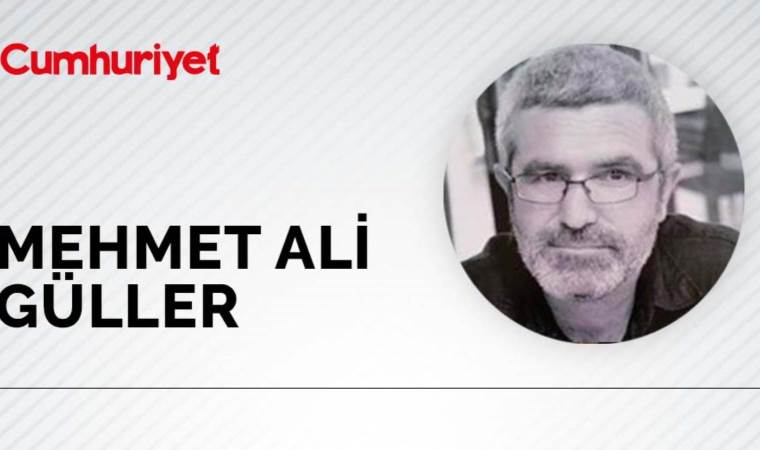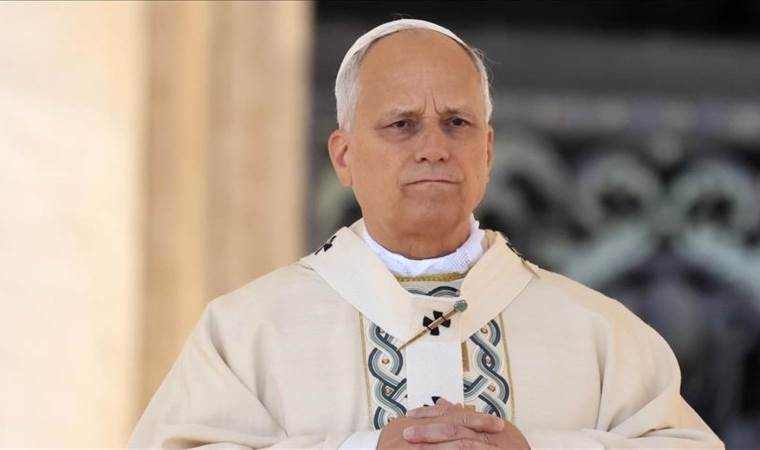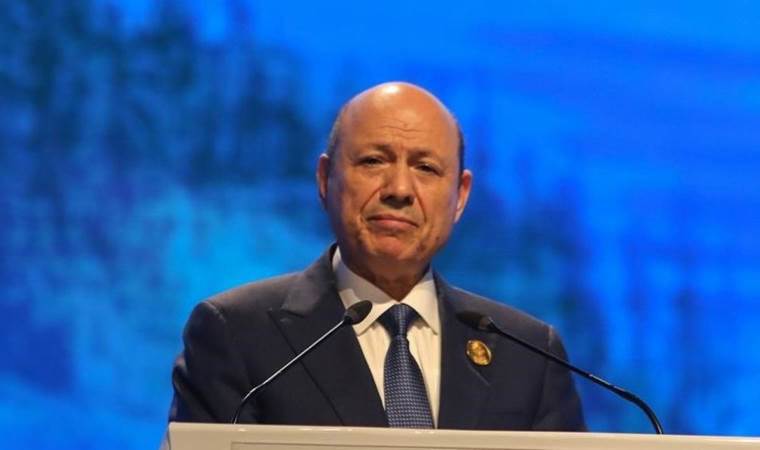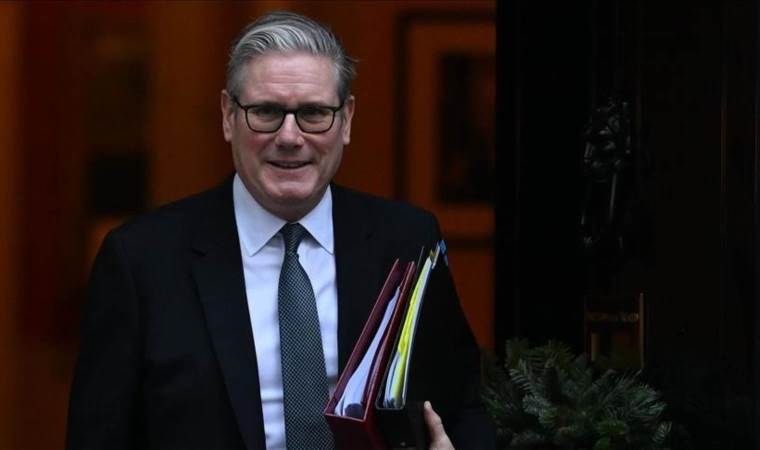Regional Cooperation: The Key to Resolution in the South Caucasus
As Azerbaijan and Armenia engage in ongoing negotiations for a permanent peace treaty, the involvement of third countries in this crisis continues to draw attention.
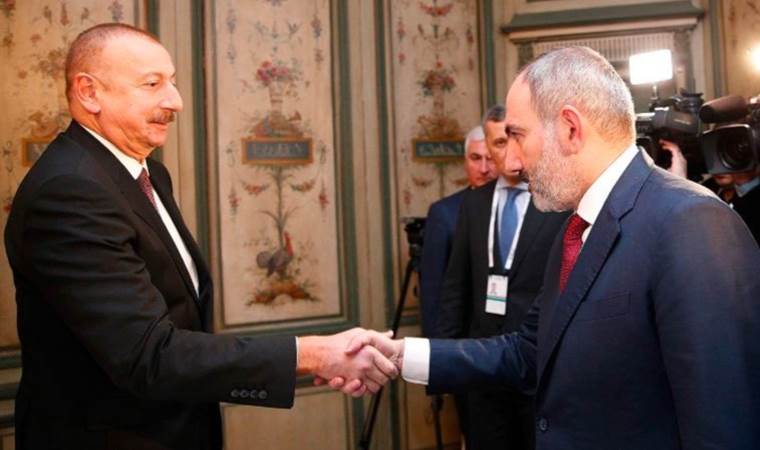
Kremlin spokesman Dmitry Peskov stated on December 27 that Russia stands ready to assist Azerbaijan and Armenia in finalizing the peace treaty. This comment preceded a notable meeting on December 26 in St. Petersburg, where Azerbaijani President Ilham Aliyev and Armenian Prime Minister Nikol Pashinyan convened after a considerable hiatus. This rendezvous, part of the informal summit of the Commonwealth of Independent States (CIS), marked a significant step forward.
In an interview with Izvestia, Peskov elaborated, "Both sides have repeatedly expressed their readiness to conclude the treaty, and Russia is prepared to facilitate this process."
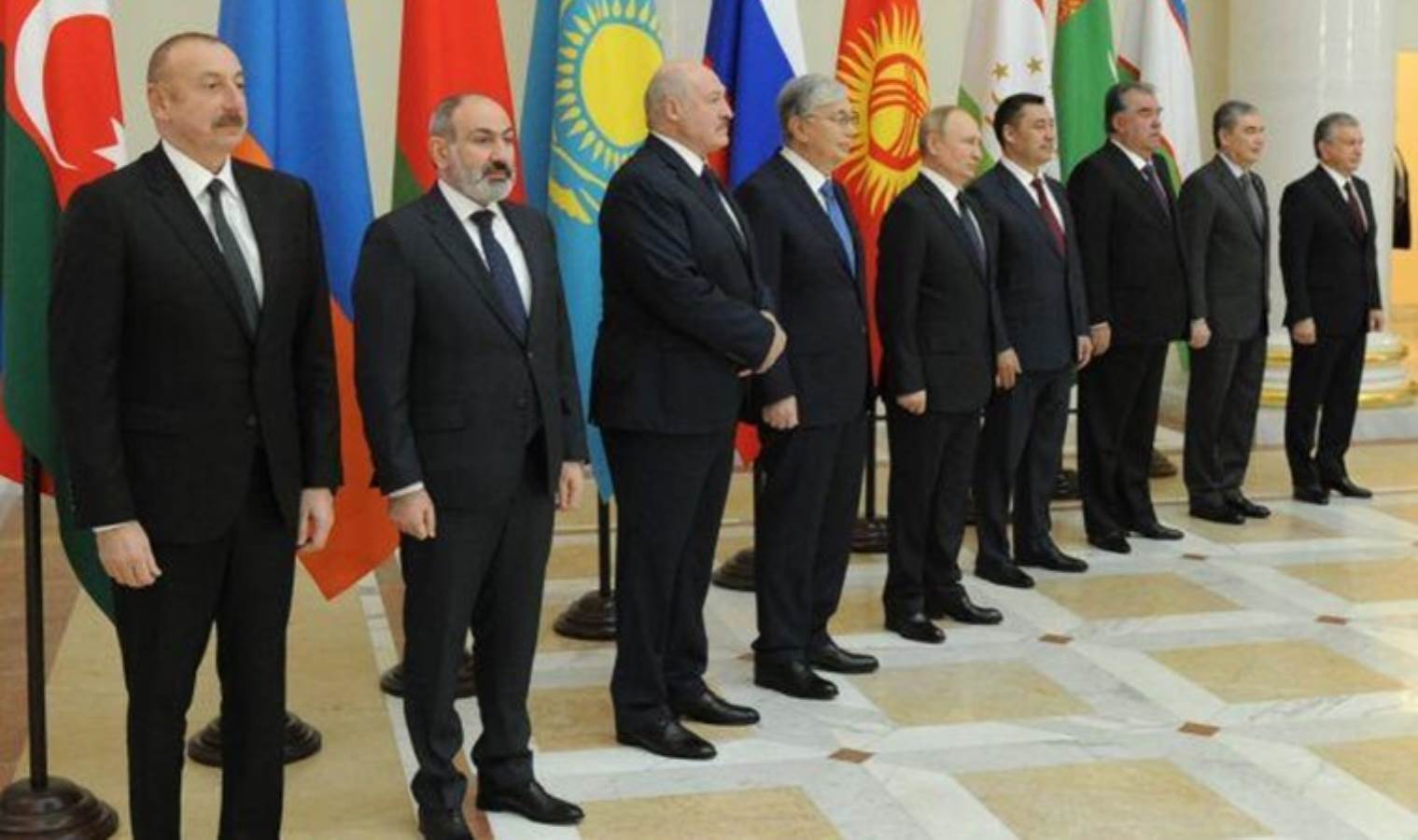
He also emphasized that Russia's assistance is not coercive but crucial for the peace process, extending beyond the CIS to encompass high-level bilateral relations.
Peskov underscored the importance of the treaty in fostering an atmosphere of peace, stability, and predictability in the Caucasus — a region of significant interest to Russia.
The reluctance of Russian officials to engage in a secondary crisis, particularly in light of the Ukrainian situation, has become apparent, notably influencing their approach to arms sales.
Arms Supply from Russia
Despite their longstanding status as consumers of Russian military equipment, Armenia and Russia have encountered difficulties in recent arms transactions. TASS reported on November 24, citing Armenian Prime Minister Nikol Pashinyan, that Yerevan has yet to receive paid-for weaponry, with ongoing negotiations to resolve this issue. Pashinyan acknowledged the challenges in securing arms and equipment despite payments.
Azerbaijan, long reliant on Russian weaponry and now seeking additional arms, has been a prominent client of the Israeli defence industry. The two nations inked a $1.6 billion arms deal in 2012, with Israel supplying approximately 70% of Azerbaijan's arsenal between 2016 and 2020, experts estimate.
Tensions Between Azerbaijan and France
A diplomatic crisis erupted between Azerbaijan and France on December 26. The Azerbaijani government summoned French Ambassador Anne Bouillon, declaring two embassy staff persona non grata and giving them 48 hours to exit the country. The Ministry of Foreign Affairs of Azerbaijan condemned the actions of these embassy employees as violating the 1961 Vienna Convention on Diplomatic Relations.
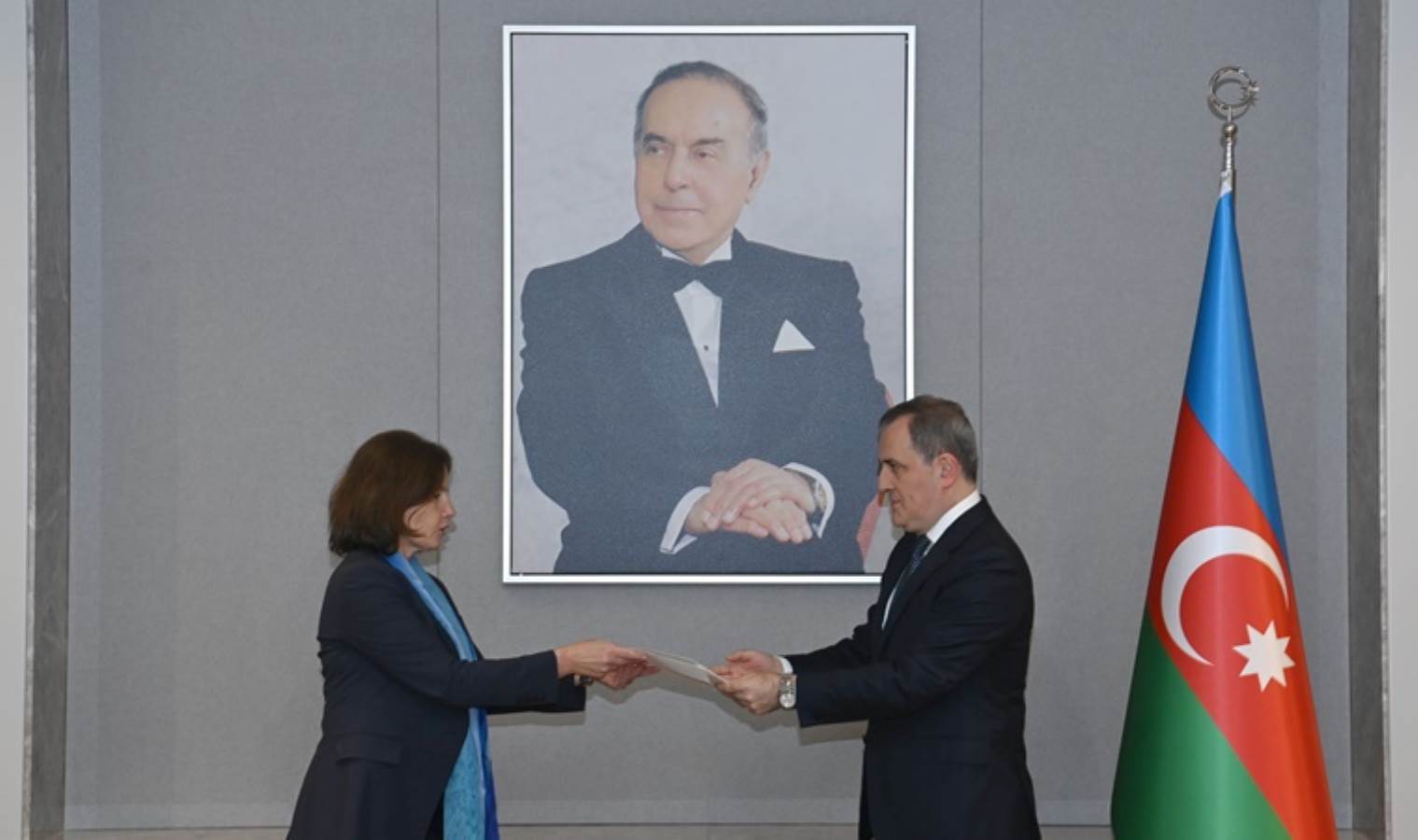
This incident, alongside the peace treaty discussions, offers insights into the stances of Russia and France regarding the Azerbaijan-Armenia crisis. However, an examination of the Azerbaijan-France relationship and France’s approach to the crisis in the South Caucasus is necessary for a comprehensive understanding.
The Syunik Region under Scrutiny
France, with its substantial Armenian diaspora of 400 to 600 thousand, ranks third after Russia and the USA in diaspora population size. France's robust support for Armenia, unparalleled by many countries, has been critical since the crisis's onset.
There is a notable parallel between the EU’s and the USA’s attitudes toward the crisis. France, in particular, emerges as a pivotal actor in the EU’s policy implementation, visibly arming Armenia and contributing to regional instability and peace disruption.
In September, French Foreign Minister Catherine Colonna announced the opening of a French consulate in Armenia's Syunik region. This move holds significant implications for the Zangezur Corridor, envisioned in the ceasefire agreement post-2020 Karabakh War. The corridor aims to connect Azerbaijan with its Nakhchivan Autonomous Republic, traversing Armenia's southern Syunik region.
On October 4, Maria Zaharova noted, "A project is underway to restore the transportation link between Azerbaijan and the Nakhchivan Autonomous Republic via Armenia's Syunik region. Its success hinges on the political will and agreement of the involved nations.”
Arming Armenia
During an October 3 visit to Armenia, French Foreign Minister Catherine Colonna announced France’s approval of military equipment aid to Armenia, the first such declaration. Subsequently, on October 23, France and Armenia signed a military cooperation agreement — Armenia's inaugural agreement of this kind with a Western nation.
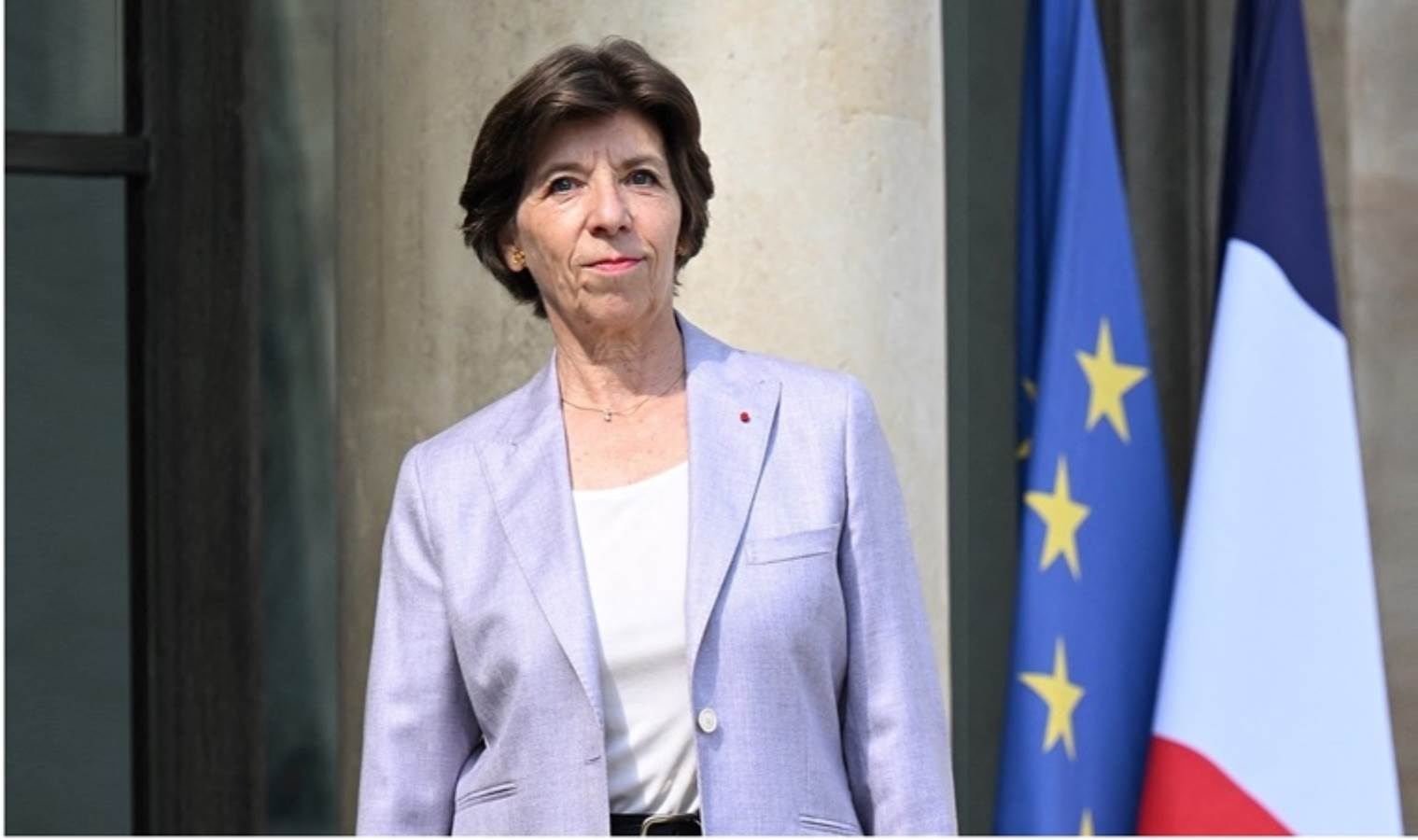
French Defense Minister Sébastien Lecornu revealed that France would provide three Ground Master 200 radars, similar to those delivered to Ukraine, under the agreement, to bolster Armenia's air defence capabilities. The two countries also signed a letter of intent for the purchase of Mistral air defence systems.
Over time, Armenia received various equipment, including binoculars and sensors from Safran. France also plans to deploy a military official to advise the Armenian army and facilitate the training of Armenian soldiers under these agreements.
In a revelation on social media on November 12, France appeared to be shipping military aid to Armenia through Georgia's Poti port. APM Terminals Poti confirmed the transit of French "Bastion" type armoured vehicles to Armenia via Georgia.
Azerbaijani Ministry of Foreign Affairs spokesperson Ayhan Hacızade condemned these actions, stating, "Armenia and France must cease their arms proliferation in the region. The imperative of peace and cooperation must be recognized."
France (EU) Opposes a Resolution
The Baku administration accuses France and by extension the EU, particularly of initiating an arms program for Armenia. This accusation gained credibility when Josep Borrell, the EU’s High Representative for Foreign Affairs and Security Policy, revealed on November 13 that the EU was exploring military aid options for Armenia.
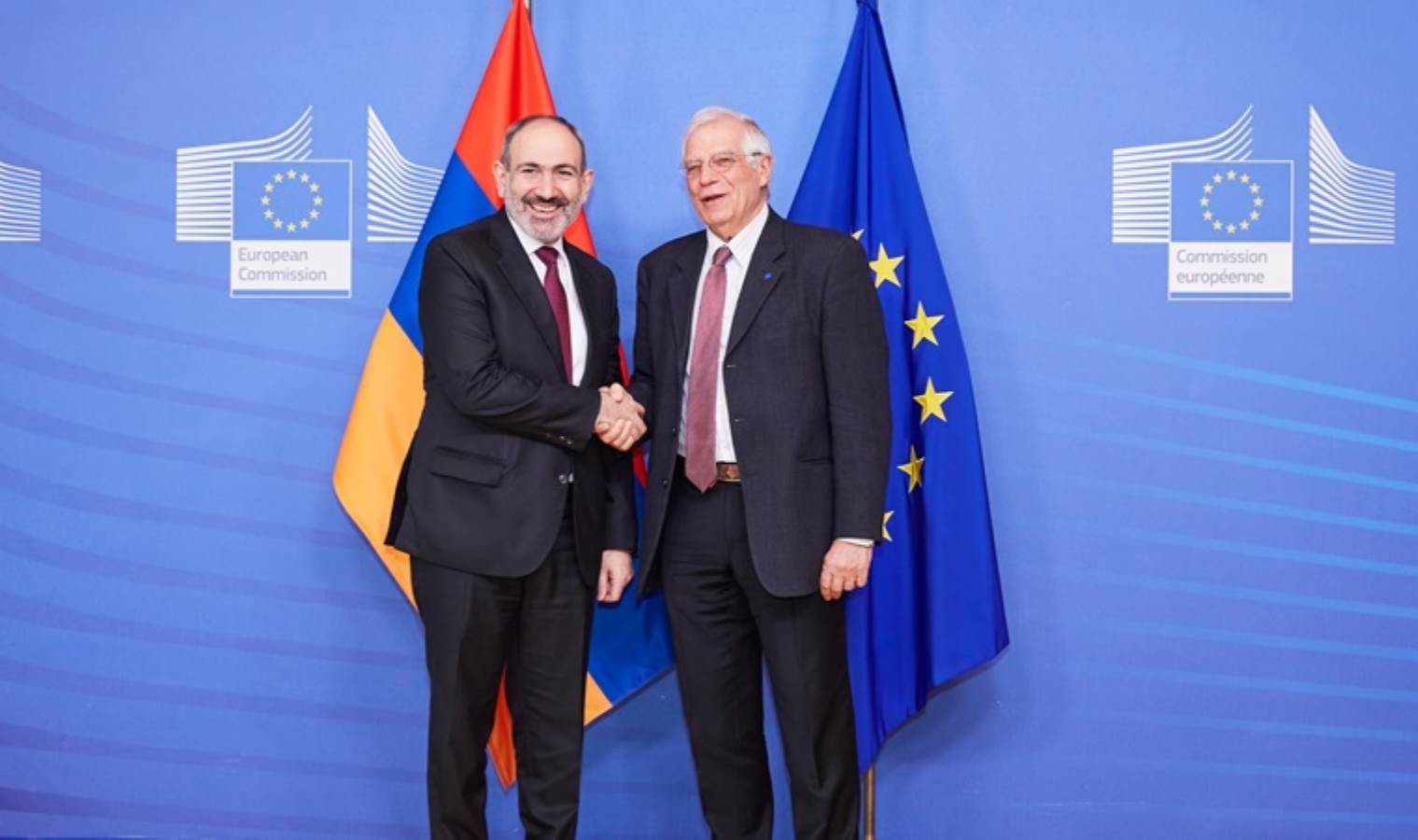
Borrell also declared any breach of Armenia's territorial integrity and sovereignty unacceptable. Notably, Karabakh is internationally recognized as Azerbaijani territory, and Azerbaijani citizens' rights were compromised until Azerbaijan regained control.
In response, Baku criticized the EU’s, specifically France’s, policy of arming Armenia as a detriment to regional peace and stability, potentially inciting new conflicts.
In June, Azerbaijani media reported joint arms production efforts by France and India for Armenia, with shipments from Delhi to Yerevan. Additionally, there were claims that France organizing Indian legionnaires to fight in Karabakh and establishing training camps in Armenia for this purpose. These actions outline France's extensive military support for Armenia and its potential impact on regional power dynamics.
France's endeavour to enhance Armenia's defence and security, especially against the backdrop of Armenia-Azerbaijan tensions and Nagorno-Karabakh conflicts, suggests France’s reluctance for a regional resolution. Instead, it appears committed to escalating armed conflict and obstructing peace talks.
The Path to Resolution
Turkey's unequivocal backing of Azerbaijan significantly influences Russia's stance and approach in the region, given its antagonistic relationship with the West and strategic support needs.
France's regional role, aimed at undermining Turkey, Russia, and Azerbaijan, is marked by its leadership in the EU's campaign to arm Armenia, thereby jeopardizing regional stability and intensifying the crisis. This policy also threatens Armenia's stability amidst its political and economic turmoil.
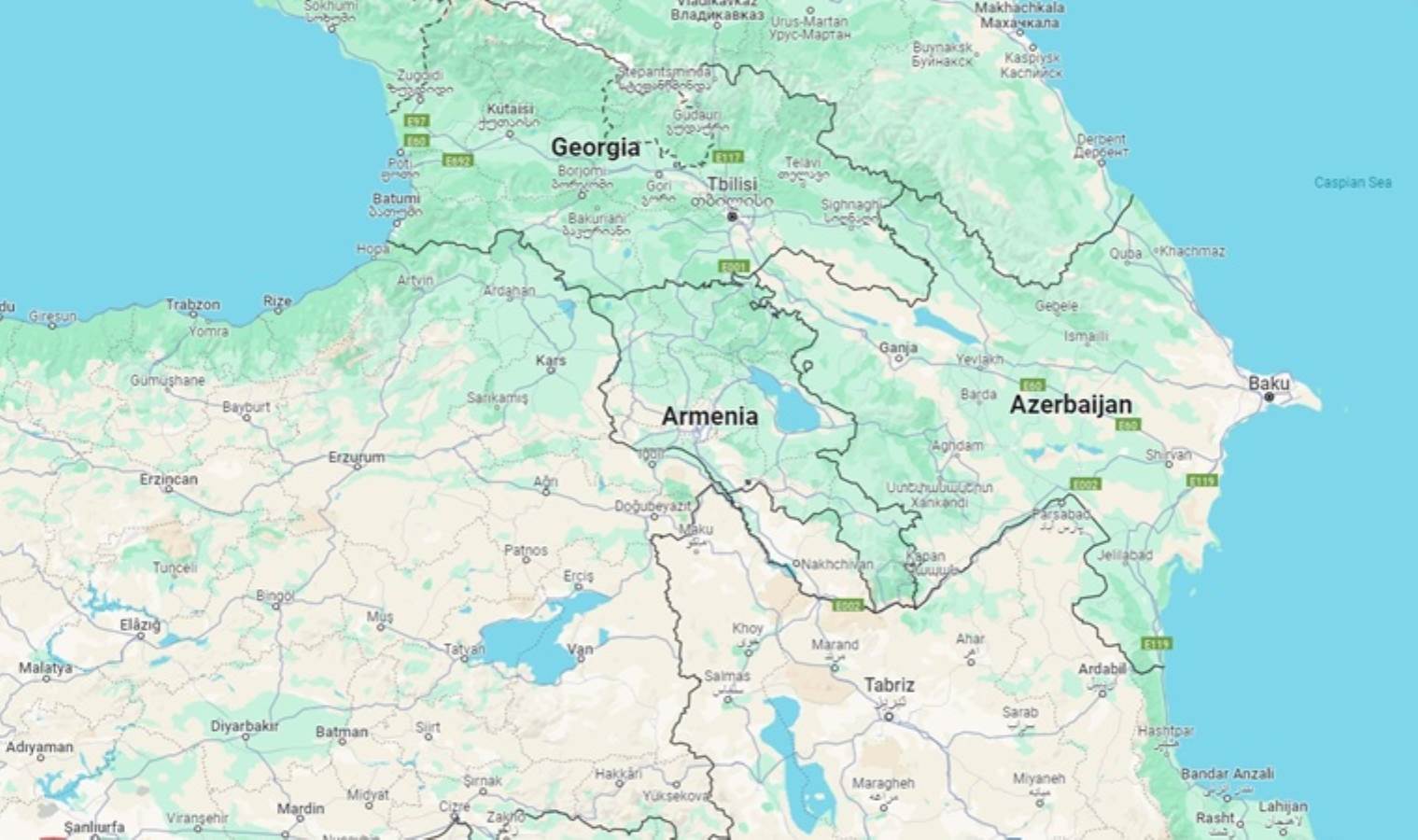
The fate of Armenians in Karabakh remains a central issue in resolving the Armenia-Azerbaijan conflict. Armenian Prime Minister Pashinyan is willing to recognize Azerbaijan's sovereignty, contingent upon securing rights and guarantees for the local Armenian population.
Conversely, Azerbaijan insists on Armenia's unconditional sovereignty recognition over Karabakh, treating the matter as an internal Azerbaijani affair. While Russia has maintained a neutral stance, it faces the necessity of mediating between the parties to sustain its regional influence.
In conclusion, resolving the longstanding Armenia-Azerbaijan conflict demands constructive, diplomatic efforts grounded in cooperation among Turkey, Russia, Iran, Georgia and particularly Azerbaijan and Armenia — the main protagonists. This approach contrasts with the destabilizing influences of external actors like France and the USA, underscoring the paramount need for regional stability.
